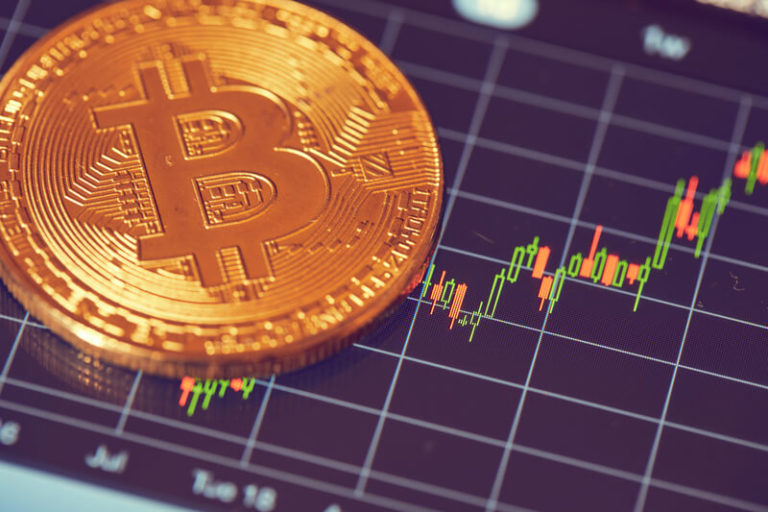Centralised exchanges
Cryptocurrency centralized exchanges offer a wide range of features, from easy-to-use platforms to portfolio management tools. They are the dominant way to trade and store cryptocurrencies. However, they come with their own risks. In particular, they can be easily attacked by hackers. But despite their vulnerabilities, they also provide a smoother and more secure user experience. The main advantages of using a centralized exchange are simplicity, security and bitcoin minen. However, there are some drawbacks to centralized sharing, including the need to verify the user’s identity document before opening an account.
In addition to this, a centralised exchange is typically handled by a single entity. As a result, the risks of being hacked are higher than those of decentralised exchanges. If hackers get a hold of a user’s private keys, they could transfer the user’s cryptocurrencies to their own accounts. It is a risk that the centralised exchange takes seriously and has introduced stringent security measures to prevent such incidents from occurring.
Some of the advantages of a centralised exchange include the ability to monitor a user’s crypto-related transactions, and the ability to trade on margin, both of which are not available on a decentralised exchange. Additionally, a centralised exchange is often more user-friendly, as it is managed by a company that can offer more user-friendly platforms. Furthermore, a centralised exchange can allow users to view their balances, and it may provide access to more advanced order types.

A decentralised exchange, however, offers several advantages, including the absence of fees, and the ability to transact directly with other users. For example, the Uniswap exchange is a popular option, offering users the opportunity to trade BTC, RBTC, ETH, XRP, NEO and LTC. Users who want to engage in this type of trading must sign up, pay a fee, and undergo a KYC process. This can be a daunting task for beginners, as they are required to ask questions about the exchange’s project Discord. Despite this, Uniswap has been able to surpass Bybit https://www.bybit.com/en-US/ in terms of daily trading volume for Ethereum pairs.
Decentralised exchanges are still in their early stages of development, and have faced some difficulties in compliance. Nonetheless, their potential is huge. Compared to a centralized exchange, they can offer cheaper transaction fees, but they are not yet as secure. While many decentralised exchanges have been hacked, a major concern is their lack of regulatory oversight.
Those who are new to the digital world often choose a centralised exchange, as they want a simple, intuitive platform. On the other hand, experienced traders prefer decentralised systems. These exchanges are less risky because they require more responsibility and are regulated. Nonetheless, there are many disadvantages to using a decentralised exchange. Besides cybersecurity, some issues include the lack of support and customer service.
Centralised exchanges are typically licensed by local governments and have to adhere to their regulatory guidelines. They also have to comply with the law in order to conduct their business. Most of them are also audited by third-party security systems, which helps ensure the security of the user’s information. Still, centralised exchanges are prone to hacking and theft.
